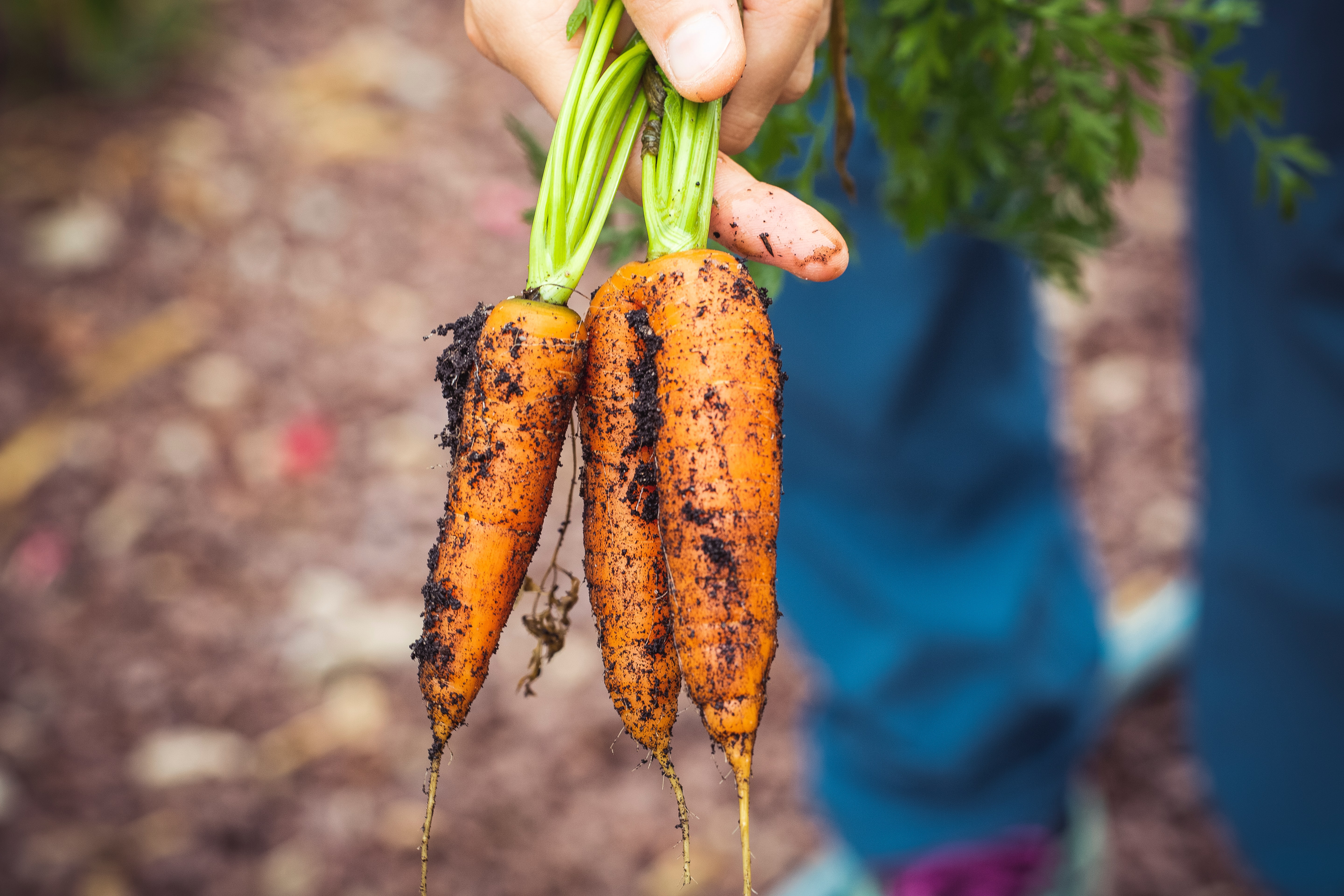What is sustainable gardening? Sustainable gardening is more than just trying to grow a vegetable garden without pesticides. It is treading lightly upon the earth. It is gardening in such a way that you can grow beautiful and delicious fresh vegetables and leave the soil and the ecosystem as good or better than you found it.
Composting
Good soil takes time. Mother nature will not be rushed. If you want to get the best vegetables you must start with the best soil. Rather than just tilling up the ground and putting in your first crop, it is better to start the year before, to prepare the soil.
Save your kitchen food scraps and yard waste. To make good quality compost for your garden it is easiest to use a commercially made composter. They are nice and neat and easy to use. If you would like to make a do-it-yourself composter, check Youtube for lots of great ideas to make your own. Adding compost to the soil months before you actually plant will help your garden thrive.
Choose the Right Plants
Whether you are planning for your garden or your yard’s landscaping, always try to buy plants that are native or appropriate for your local ecosystem. When you buy plants that are compatible with the climate of your area you need to help them less with fertilizers and soil additives to make them grow.
Try to be mindful of wildlife in your area. Don’t plant anything in your yard that will kill animals, such as Japanese Yew. Ornamental Yews are poison to animals such as deer, elk, and moose, who are attracted to the green bush, especially in winter. You can, however, use certain plants to repel deer or other animals that would like to eat your plants. Work with nature and your garden will grow strong.
Conserve Water
Choosing the right plants also saves water. Especially in dry areas, you should try to conserve water wherever you can. This includes things like using a watering can to water your vegetables by hand, or for larger gardens, using a drip irrigation system. Sprinklers that shoot water through the air have a high level of evaporation, which wastes tremendous amounts of water. A drip irrigation system or hose puts the water on the ground right where you want it.
Save and Trade Seeds
Saving and trading seeds is an advantageous and fun hobby. Save seeds from vegetables or fruits and dry them on paper until they are fully dry. Then store them in airtight containers until you need them. Be sure to clearly label your containers with the species and date. Most seeds are viable for at least 2 or 3 years. Trading seeds with others can help preserve the biodiversity of many rare species of plants. Instead of store-bought seeds that grow common vegetables, you could also be able to grow things like giant pumpkins, heirloom tomatoes or the sweetest corn in town.
Share the Bounty
When you and mother nature collaborate on a beautiful crop of fresh and delicious organic vegetables, be sure to share the wealth. If you have more than you can eat, share it with friends and neighbors. With your sustainable gardening, you can be a force of good.


